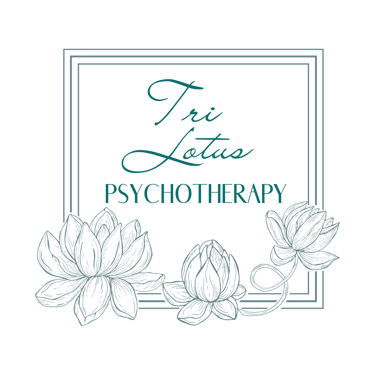NOW ACCEPTING NEW CLIENTS: In-Person in Calgary & Online across Alberta Book a Free 20min Introductory Call! CLIENT LOGIN


Postpartum Counselling
IN-PERSON IN CALGARY & ONLINE ACROSS ALBERTA
Providing compassionate and inclusive support for both new parents individually navigating the postpartum experience.
Free 20 minute phone consultation
You’re exhausted — physically, emotionally, mentally. You love your baby, but you miss who you used to be. Some days feel heavy with "mom guilt", others with anger or sadness you can’t explain. You're constantly needed and expected to hold everything together... but who’s holding you?
You weren’t meant to do this alone. Counselling for new Moms can help you process the overwhelm, reconnect with yourself, and feel less alone in this messy, beautiful, exhausting chapter of motherhood.
You’re trying to be strong, supportive, and steady — but inside, you’re overwhelmed. You didn’t carry the baby, and now it feels like you're not the “preferred” parent. Maybe bonding doesn’t feel natural yet, and part of you wonders if something’s wrong with you for feeling disconnected.
Maybe you feel helpless watching your partner struggle. Maybe you’re carrying the pressure to provide and hold everything together, while silently grieving the life you had before. You might feel like you're not doing enough, or like you're doing everything wrong.
You're not alone — and you don't have to keep pushing your feelings down. Counselling for new Dads can give you the space to talk openly, build confidence in your role as a father, and support your growing family in a way that feels true to you.
You're navigating the challenges of new parenthood — all while carrying the weight of being seen, understood, and supported in a world that doesn’t always get it. Maybe you feel pressure to do it “right,” to prove something, or to hold everything together even when you're falling apart inside.
You might feel unseen in traditional parenting roles, unsure where you fit, or disconnected from your partner or your baby. Maybe you're grieving parts of your identity that feel harder to access right now, or you’re struggling with loneliness or anxiety that’s quietly building beneath the surface.
You don’t have to hide any part of your experience here.
Therapy can be a space to be fully you — where your identity is affirmed, your role as a parent is honoured, and your emotional well-being is prioritized. Let’s navigate this new chapter together, with compassion and care for all of who you are.
Common Reasons New Parents seek Therapy for Postpartum:
Persistent feelings of sadness, anxiety, or irritability
Postpartum depression or postpartum anxiety
Overwhelm, burnout, overstimulation or feeling “touched out”
Difficulty bonding with your baby
Grief over how much life has changed
Loss of identity or disconnection from yourself
Strained relationships with partners or family
Guilt or shame about how you're coping
Traumatic birth or difficult breastfeeding experience
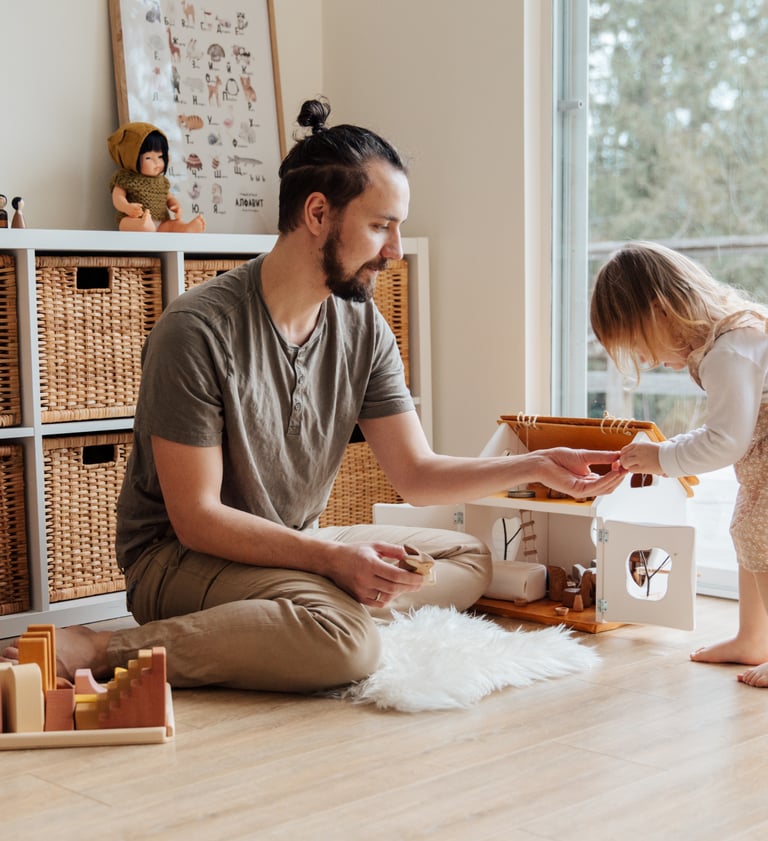

You don’t have to wait until you’re “not coping” to get support.
Therapy can be a space where you feel safe, heard, and supported - a place where you can take off the “I’ve got it together” mask and be met with compassion, not judgment.
How can Postpartum Therapy help?
Becoming a parent can stir up more than just sleepless nights — it can awaken old wounds. You might find yourself reacting in ways you don’t fully understand, feeling triggered by your child’s emotions, or struggling with guilt, fear, or anger that feels bigger than the moment.
Parenthood has a way of shining a light on our own unmet needs or childhood trauma. Therapy can help you make sense of these feelings, break generational patterns, and parent from a place of intention — not reactivity.
It can also help with:
Learning to manage postpartum anxiety and mood changes
Reconnecting with your identity outside of motherhood
Processing birth trauma or difficult transitions
Strengthening communication with your partner or support system
Exploring and shifting internalized expectations of what it means to be a “good mom” or "good dad"
Building emotional regulation skills and self-compassion
Learning to let go of "mom guilt"
Building confidence in your role as a mother, father or parent
Breaking intergenerational patterns
Exploring how to parent in a way that aligns with your values - rather than defaulting to how you were taught


Free 20 minute phone consultation
Frequently Asked Questions about Postpartum Counselling
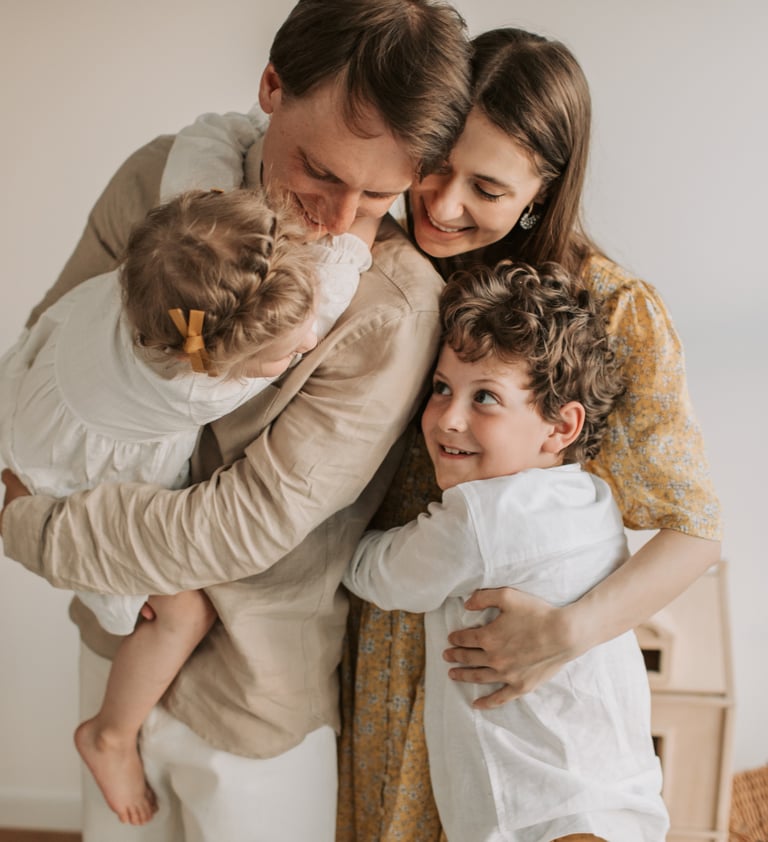

What Type of Therapy Is Best for Postpartum?
There’s no one-size-fits-all approach to postpartum care, but several evidence-based therapies are especially helpful for new parents navigating emotional, physical, and relational challenges.
At Tri Lotus Psychotherapy, our therapists draw from the following approaches to support you in therapy for postpartum Calgary:
Cognitive Behavioural Therapy (CBT)
CBT helps you identify and shift unhelpful thought patterns that contribute to anxiety, depression, or intrusive thoughts. It supports emotional regulation and practical coping.
Acceptance and Commitment Therapy (ACT)
ACT focuses on detaching from your thoughts and accepting difficult emotions, reducing their control over you. It helps identify values-based actions and find ways to stay grounded and present even during overwhelm.
Compassion-Focused Therapy (CFT)
CFT is especially helpful when you're struggling with guilt, shame, or self-criticism. It supports you in developing a more compassionate inner voice.
Emotion-Focused Therapy (EFT)
EFT helps you process intense emotions and respond to yourself and others with more clarity and connection.
Trauma-Informed Therapy
If you’ve experienced a traumatic birth or have a history of trauma, this approach offers a safe, supportive space for healing without retraumatization.
While these therapies offer powerful tools, the most important part of the process is the relationship itself. Research shows that the quality of the therapeutic relationship is the strongest predictor of positive change.
That’s why we meet you where you’re at — with warmth, compassion, and no judgment. You don’t have to navigate this season alone. We’re here to support you, every step of the way with postpartum counselling Calgary.
What does a postpartum therapist do?
A postpartum therapist specializes in supporting parents during the emotional and psychological challenges that can arise after childbirth. They provide a safe, non-judgmental space to explore feelings like anxiety, depression, overwhelm, and identity shifts.
Click here for more frequently asked questions.
Request a free 20 minute consultation call to have all of your questions answered.
What does postpartum depression look like?
Postpartum depression can show up as persistent sadness, overwhelming fatigue, irritability, anxiety, or feelings of emptiness. You might have trouble bonding with your baby, experience changes in appetite or sleep, or feel hopeless and disconnected. It’s more than just “baby blues” — and it’s important to seek support if these feelings last longer than a couple of weeks or interfere with your daily life. Please note: this is not an exhaustive list of symptoms, and experiencing these does not necessarily mean you have a diagnosis.
I don't see my concern listed here. Can you still help me?
If you don't see your concern listed here, you can always schedule a complimentary introductory call with one of our therapists to see if they can help! If it is not a speciality of theirs, they will provide you with referrals to other therapists.
Find a Therapist
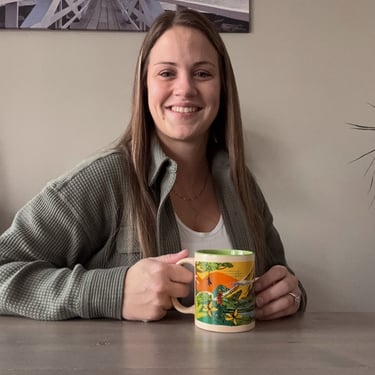
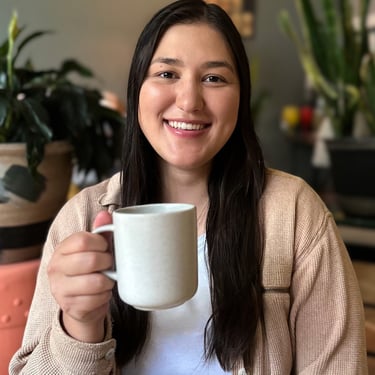

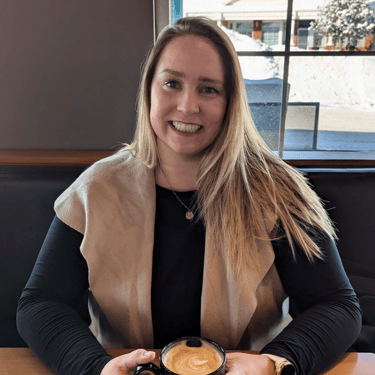
Supports Couples, Teens (12+), Adults
Supports Couples, Teens (9+), Adults, Families
Supports Adults and Teens (16+)
Supports Adults and Couples
Our therapists bring not only professional training but also personal lived experience with parenthood and postpartum challenges. This deep understanding allows them to connect with you authentically, offering empathy and practical support grounded in real-life insight. We know this journey isn’t easy — and we’re here to walk alongside you with compassion and understanding.
Let's Connect
Please fill out the form to request an initial appointment
or complimentary introductory call
Contact
hello@trilotustherapy.com
Clinic Hours
Monday: 5:00pm to 8:00pm
Tuesday: 1:00pm to 8:00pm
Wednesday: 8:00am to 8:00pm
Thursday: 8:00am to 8:00pm
Friday: 11:30am to 4:30pm
Saturday: 9:00am to 3:00pm
Copyright © 2025 by Tri Lotus Psychotherapy - All Rights Reserved
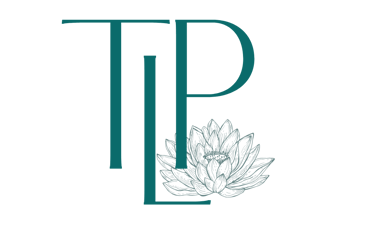

Land Acknowledgment: I gratefully acknowledge and honour that where I live, work and play is within the traditional territories of the people of the Treaty 7 region in Southern Alberta, which includes the Blackfoot Confederacy (comprising the Siksika, Piikani, and Kainai First Nations) as well as the Tsuut’ina First Nation, and the Stoney Nakoda (including the Chiniki, Bearspaw, and Wesley First Nations); and Métis Nation of Alberta, Region 3. The traditional Blackfoot name of this place is “Mohkinstsis”, which is also known now as Calgary.

